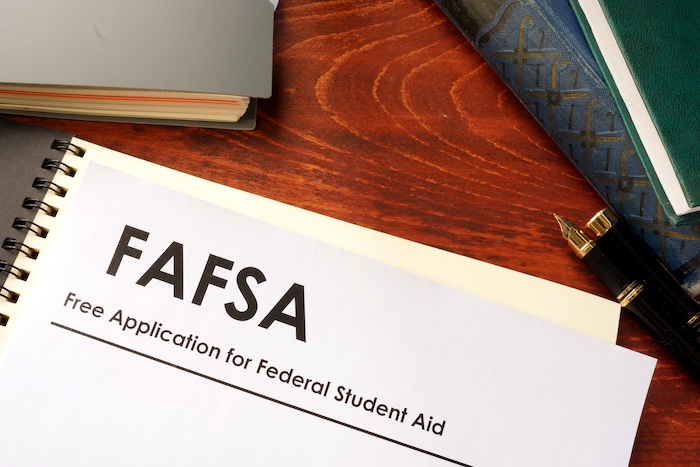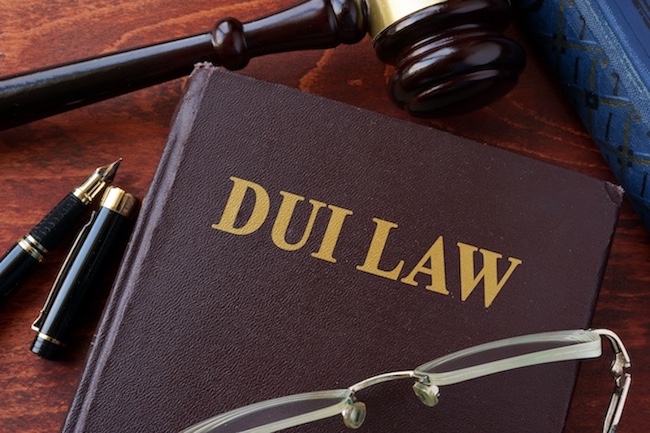DUI Charges and College Financial Aid
At Rathburn Law Office P.C., P.C., we focus on defending individuals charged with DUI in Indiana. Our experience in state law and federal student aid issues allows us to guide students and parents through the challenges that DUI charges bring. We work to protect educational opportunities, reduce penalties, and provide strong representation in court. Our goal is simple: safeguard your future.
DUI charges in Indiana can do more than lead to fines, jail, or license suspension. They can also put college financial aid, scholarships, and loans at risk. Most students depend on federal student aid through the FAFSA form to pay for classes, housing, and daily expenses. A conviction may cause aid to be reduced, delayed, or denied, creating lasting problems with debt and repayment. Understanding how state law and federal aid rules connect is essential for students and parents who want to protect access to education.
In this blog, we explain how DUI charges affect college financial aid, scholarships, and loans, and why working with an experienced Indianapolis DUI defense attorney can help protect a student’s education and future.
Understanding DUI Charges in Indiana
A DUI charge in Indiana can impact college financial aid, loans, and scholarships. Students and parents must understand how state law treats alcohol-related offenses and the penalties that follow.
Definition of DUI Under Indiana Law
In Indiana, DUI charges are formally called “Operating While Intoxicated” under Indiana Code § 9-30-5. A person commits this offense if they operate a vehicle with a blood alcohol concentration of 0.08 percent or higher. A DUI charge can also result from being impaired by drugs or controlled substances.
Misdemeanor vs. Felony DUI
Most first-time DUI charges are Class C misdemeanors. A DUI can rise to a Class A misdemeanor if the driver’s blood alcohol concentration is 0.15 percent or higher or if a minor is present in the vehicle. A DUI becomes a felony if the offense causes injury or death, or if the person has a prior conviction within seven years. Felony charges carry longer jail time and harsher penalties that affect eligibility for financial aid and scholarships.
Common Penalties and Consequences
Penalties for DUI charges in Indiana include jail, fines, license suspension, and court-ordered alcohol classes. Judges may also assign community service or probation. A second offense often results in longer license suspension and possible prison time. These punishments create additional financial strain, making repayment of loans or access to grants more difficult.
Probable Cause and Court Process
A DUI arrest must begin with probable cause. This can come from field sobriety tests, breath tests, or officer observation. Once arrested, the person faces a court date where a judge determines penalties. The court record of a DUI charge is public, which colleges and financial aid offices may review when deciding eligibility.
Federal Student Aid and Criminal Convictions
Federal student aid is the main source of financial help for most people attending college or career school, and a criminal conviction can interfere with access to these funds.
FAFSA Form and Disclosure Requirements
The Free Application for Federal Student Aid, known as the FAFSA form, is required to apply for federal grants, loans, and work study. Students must use their FSA ID to complete and submit the form. It asks for accurate information about criminal convictions. Providing false or incomplete answers can lead to loss of eligibility and repayment demands.
Impact of DUI Charges on Aid Eligibility
DUI charges can affect eligibility for federal student aid under 20 U.S.C. § 1091. A student convicted of certain alcohol or drug-related offenses may lose access to federal loans or grants for up to two years. If the conviction is paired with jail time, it may also delay a student’s ability to complete verification or repayment requirements.
Programs Affected by Criminal Convictions
Several aid programs may be at risk after a conviction. Direct Loan programs require a master promissory note, which can be denied if eligibility is suspended. Pell Grants, Federal Supplemental Educational Opportunity Grants, and work study service opportunities are also affected. Losing access to these programs can increase student debt and reduce the ability to pay for classes.
Duration and Conditions of Ineligibility
The length of ineligibility depends on the nature of the offense and whether it is a first or second offense. For some students, aid can be withheld for half a year or longer. A second offense may result in stricter penalties, including longer loss of eligibility and repayment obligations. Students must often complete drug or alcohol education classes to restore aid eligibility.
How DUI Charges Affect College and Career School Opportunities
DUI charges create barriers beyond the courtroom by limiting access to colleges, scholarships, and career school programs.\
Admission and Enrollment Challenges
Many colleges and career schools review applicants’ criminal records during the admission process. A DUI conviction can raise concerns about student behavior and responsibility. Some schools may deny admission or require additional documentation before allowing enrollment. This can delay a student’s ability to start classes and access financial aid.
Scholarships and Grants at Risk
Scholarships often include conditions that require good conduct. A DUI conviction can lead to the loss of scholarships or grants tied to moral character or disciplinary standards. Once lost, these awards rarely return, forcing students to rely on loans or parents for payment.
Student Code of Conduct Penalties
Colleges enforce codes of conduct that cover alcohol and drug crimes. A student with DUI charges may face suspension, limited campus housing, or loss of transportation privileges. Work study positions can also be revoked if the offense is viewed as a violation of program requirements. These penalties can reduce the income needed to repay loans and manage debt.
Career School and Licensing Restrictions
Certain career school programs, such as nursing, teaching, and legal studies, require clean records for licensing. A DUI conviction can prevent access to these fields, reducing long-term job opportunities. Even if aid remains available, the conviction may limit the ability to complete required training or pass background checks.
The Hidden Costs: Loans, Debt, and Repayment Challenges
DUI charges bring financial consequences that extend beyond fines and court costs, creating long-term problems with loans, debt, and repayment.Court Costs and Added Financial Burden
A DUI conviction in Indiana carries fines, court fees, and mandatory classes. These costs reduce the money available for tuition or repayment of federal loans. Students may need to borrow more or depend on parents to cover education expenses, increasing overall debt.
Loss of Aid and Increased Loan Dependence
When financial aid or scholarships are lost due to a conviction, students often rely on private loans. Private loans usually come with higher interest rates and stricter repayment schedules. This adds thousands of dollars in long-term debt and makes it harder to manage repayment after graduation.
Repayment Problems and Delays
A DUI conviction may lead to jail or probation, interrupting education and delaying loan repayment. Time away from college can trigger repayment requirements before graduation. Missing deadlines or failing to make payments can damage credit and increase overall debt.
Long-Term Debt Strain
Even after completing college, the weight of DUI-related debt lingers. Students may face limited income opportunities due to career restrictions, making repayment more difficult. This strain can last for half a year or more, reducing the ability to save and creating lasting financial hardship.
Why Contacting a DUI Defense Lawyer is Critical
A DUI defense lawyer can protect students and parents from penalties that threaten financial aid, college access, and long-term opportunities.
Challenging Probable Cause and Evidence
A DUI defense attorney reviews whether the police had probable cause to make the stop. Breath tests, field sobriety tests, and officer reports can contain errors. Challenging this evidence may reduce charges or result in dismissal, helping students keep financial aid and avoid additional punishment.
Protecting Eligibility for Financial Aid
By negotiating with prosecutors or the court, a DUI defense lawyer may secure reduced penalties. Avoiding jail time or a second offense conviction helps preserve eligibility for federal loans, grants, and work study. This protects access to education and repayment options.
Managing Court Process and Deadlines
The court process involves strict deadlines and required documentation. A DUI defense attorney ensures the right information is filed on time and helps students appear prepared before a judge. Proper representation reduces the risk of losing aid due to incomplete forms or missed dates.
Limiting Long-Term Consequences
A conviction can affect eligibility for scholarships, career school programs, and professional licensing. A DUI defense lawyer works to limit penalties, reduce charges, and protect future opportunities. Legal representation saves students from long-term debt and preserves the chance to repay loans after graduation.
Protect Your Education and Financial Aid Today With Rathburn Law!
If you or your child is facing DUI charges in Indiana, the risk to college financial aid and future opportunities is real. Our team at Rathburn Law Office P.C., P.C. is ready to fight for your rights, challenge the evidence, and protect your access to loans, grants, and scholarships.
Contact us at 800-800-8000 for a free case consultation today!










